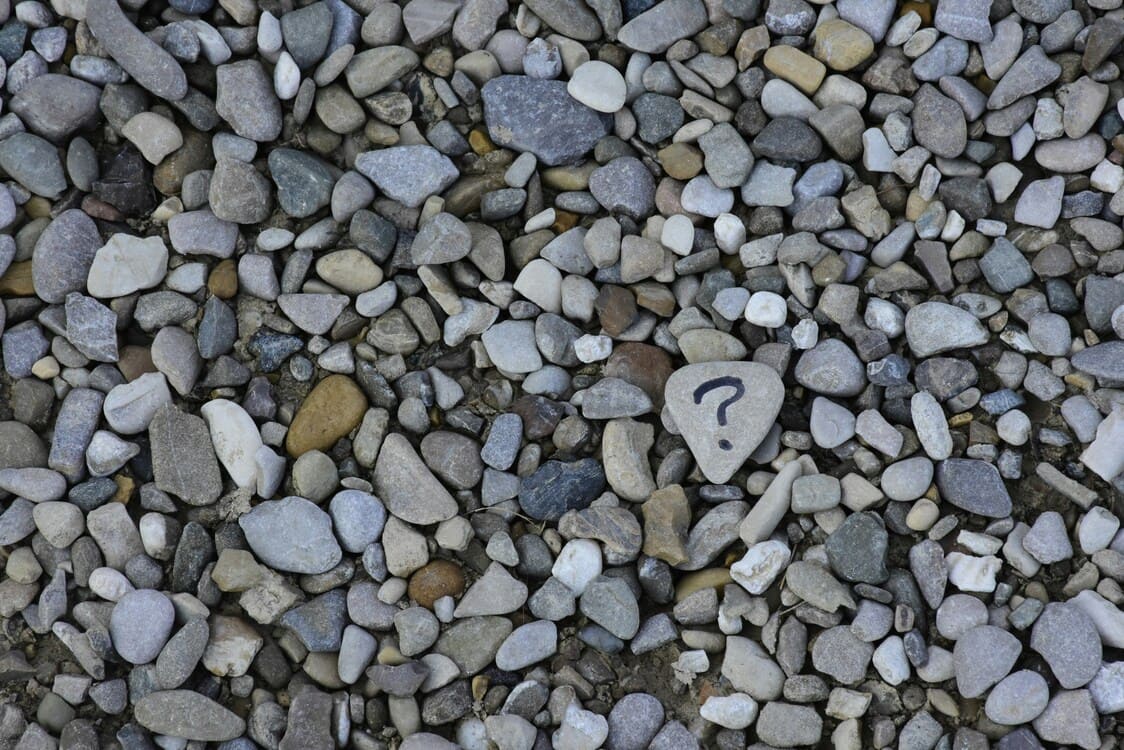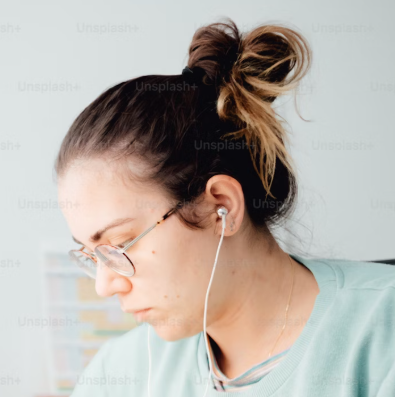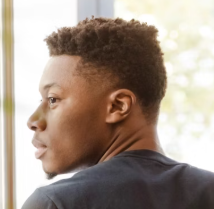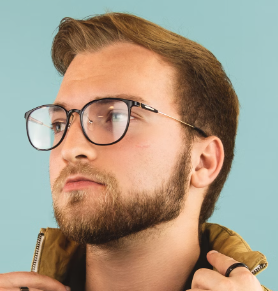Meeting a recruiter for the first time can feel pretty nerve-wracking. But with a bit of preparation, you can take some of that pressure off. So, what exactly should you bring to a job interview? Here's a list of things to get ready so you can walk in feeling calm and confident.
How to Prepare for a Job Interview and Stand Out
Top business schools often say that 80% of success comes from good preparation. And honestly, that applies to job interviews too. Taking the time to prep properly shows the recruiter that you’re serious about the role—and about your career.
Common Job Interview Mistakes to Avoid
The most common mistakes candidates make during interviews Most people do prepare, at least a little, before an interview. But too often, the focus is only on what they're going to say. What many candidates forget is that the little, practical details matter just as much. Ignoring these things can add extra stress when it matters most.
There are a few common mistakes that come from not being fully prepared:
- Not researching the company well enough, and getting caught off guard by the recruiter’s questions.
- Showing up late because you didn’t plan your travel time.
- Wearing the wrong outfit, or rushing to pick something last minute.
- Forgetting to bring key documents like your resume or ID.
- And of course, trying to wing it, which often leads to visible nerves or hesitation—and recruiters notice that.
Taking care of these things in advance can really help you feel more in control. And when you're calm and ready, it shows.
What to Bring to a Job Interview: Essentials & Extras
To avoid last-minute stress and make the best possible impression, it’s a good idea to prepare a folder or a small bag with everything you might need for your interview. Here’s a full checklist of what to bring:
Must-Have Documents and Essentials
- Your resume, preferably printed in color and on quality paper (bring a few copies just in case)
- Your cover letter, even if you already emailed it
- The job description or job ad you applied for
- Interview confirmation, like the email or calendar invite
- Recruiter’s name, phone number, and email (in case you need to get in touch last minute)
- Your ID or passport, especially if the office building requires one to get in
- A list of references, printed and ready, just in case you're asked for them
- Portfolio or work samples, if your field requires it (design, writing, tech, marketing, etc.)
- Pen and notepad, so you can take notes without relying on your phone
- A folder or document holder to keep everything neat and professional-looking
Nice-to-Have Extras That Make a Difference
- A list of questions you want to ask the interviewer—this shows you're engaged and prepared
- Your own printed copy of your application, so you can refer to what you submitted
- Breath mints or gum—just use them before, not during the interview
- Tissues or hand sanitizer, in case you need a quick refresh
- Water bottle, to stay hydrated, especially if you're going to be speaking a lot
- Phone charger or power bank, particularly if you use your phone for directions or contact info
- A navigation or map app (downloaded and ready), to help you find the place easily
- A calming app or breathing tool if you tend to get nervous: great for pre-interview jitters
If You’re Driving
- Printed directions as a backup if GPS fails
- Parking info, if provided (or look it up ahead of time)
- A spare outfit, just in case of spills, weather issues, or unexpected wardrobe malfunctions
How to Stay Calm and Confident During Your Job Interview
It’s totally normal to feel a little nervous before and during a job interview. The good news? A few small items can actually help you feel more in control and less anxious.
Tips for Managing Interview Anxiety with Simple Tools
One classic but often overlooked tool is a notepad and pen. They're great for jotting down key points during the interview, but they also give you something to hold—helpful if you're feeling fidgety or unsure of what to do with your hands. Taking notes can also show the recruiter that you're attentive and engaged.
You don’t need to memorize every single detail about the company. Instead, bring a small cheat sheet with you. This could include:
- The company’s main products or services
- Its industry or market position
- Key clients or customer types
- Core values or recent news
- A couple of your own strengths that match the role
Having these quick notes on hand can help you stay on track if your mind goes blank or you get caught off guard by a question.
Another great way to stay focused is to prepare a list of questions you want to ask the recruiter. This not only shows that you’ve done your homework, but also keeps your goals and priorities front and center. Whether you're curious about team structure, growth opportunities, or company culture, having questions ready proves you're seriously interested in the role.
And if you're someone who gets particularly anxious, try breathing exercises before you walk in, or use a calming app to center yourself. Even taking just a few slow, deep breaths can work wonders.
What Should You Wear to a Job Interview?
What you wear to a job interview plays a big part in making a strong first impression. Like it or not, recruiters start forming opinions within the first few seconds of meeting you—and your appearance is part of that. In fact, research shows that physical appearance can be a key factor in hiring decisions. One in six employees has experienced negative comments about their hairstyle or clothing, so imagine how much more that might impact someone who hasn’t even landed the job yet.
To keep things simple and safe, go for a classic, professional outfit that fits the company’s culture. When in doubt, it's better to dress slightly more formal than too casual. A neat, clean look is always a safe bet.
Here are a few tips:
- Choose neutral or solid colors—like navy, black, gray, or white
- Avoid flashy prints or bold accessories unless you know the company is very creative or casual
- Wear clean, well-fitted clothes—wrinkled or overly tight clothing can be distracting
- Shoes should be clean and professional, even if you're wearing sneakers (for more casual settings)
As for personal style—like piercings, colorful hair, or unique accessories—it's best to tone things down unless you’re sure the company is open and informal. While self-expression is important, you don’t want it to distract from your qualifications during a first meeting.
The goal is to look polished and approachable while showing you respect the opportunity and take it seriously.
Summary
Preparing for a job interview isn’t just about having the right answers, its also about showing up organized, confident, and ready for anything.
From must-have documents like your resume and ID, to thoughtful extras like a calming app or a bottle of water, the little details can make a big difference in how you feel & how you're perceived.
Don’t forget: your outfit matters too. Dress neatly, keep it professional, and aim for a look that fits the company’s culture. Being well-prepared shows respect for the opportunity—and it helps you stay calm and focused under pressure.
Want to prepare even more for your next job interview? Try Simulated Interview, the leading job interview simulator that helps you practice real questions, sharpen your answers, and boost your confidence before the big day.











